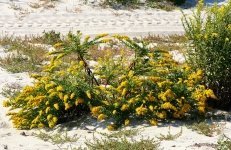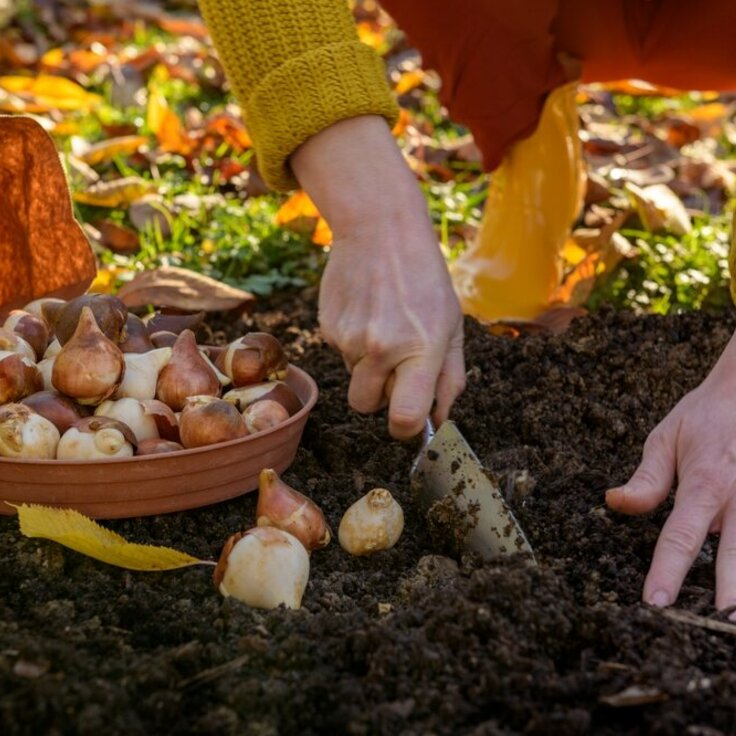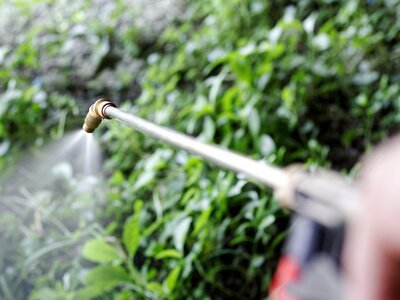Summer Watering, Mulching and Other Helpful Hints
Now is when summer watering in our dry climate begins in earnest, and it's time to evaluate how successful you've been grouping landscape plants according to water use. If you see a wilted plant surrounded by vigorous, turgid neighbors, it's very likely that the wilted plant is in the wrong location. It will do better in a community of plants that gets more frequent watering. Just take a look at nature; plants live in harmony with neighbors having similar needs. Identify problem plants and landscape situations now, and transplant them in early autumn.
To conserve moisture plus reduce weed germination around shrubs, trees, flowers, and vegetables, apply a layer of organic mulch, such as pine needles, aspen shavings, shredded cedar, or dried grass clippings.
Divide Iris
If you want a glorious garden of colorful iris, dig overcrowded clumps of bearded iris after flowers fade. Discard any dried out or mushy rhizomes, separate healthy ones, and replant in full sun in well-drained soil amended with compost. Don't plant the rhizomes too deep as this will delay flowering and may lead to rot; let the shoulders of the rhizomes hug the surface of the ground.
Tend the Compost Pile
Continue the process of composting. Add any disease-free, leafy debris, including grass clippings and annual weeds (before they produce seed heads), to the compost pile. Turn and water the materials every few weeks to hasten the decomposition process. By fall you can add this rich, organic amendment to your flower and vegetable gardens.
Spider Mite Alert
Be on the lookout for mottled leaves and fine webbing on landscape plants. This is a good indication of an invasion of spider mites. Spray with horticultural oil or wash off the infested foliage with a strong stream of water every few days.








